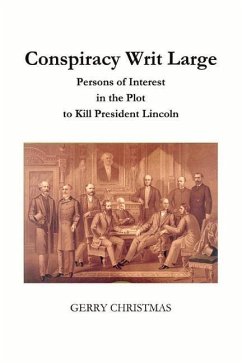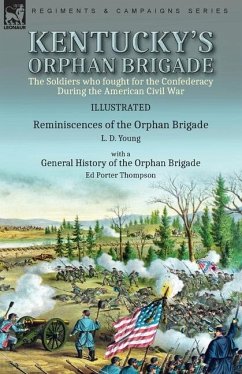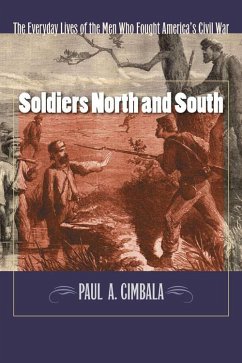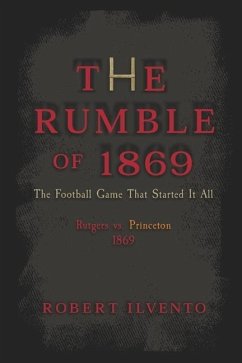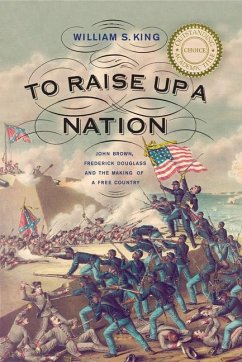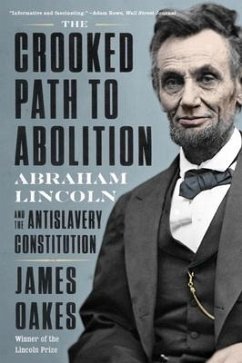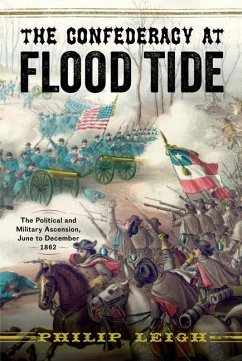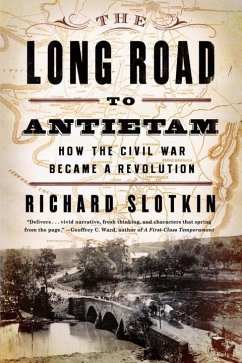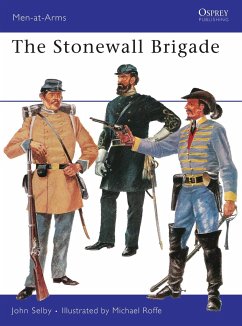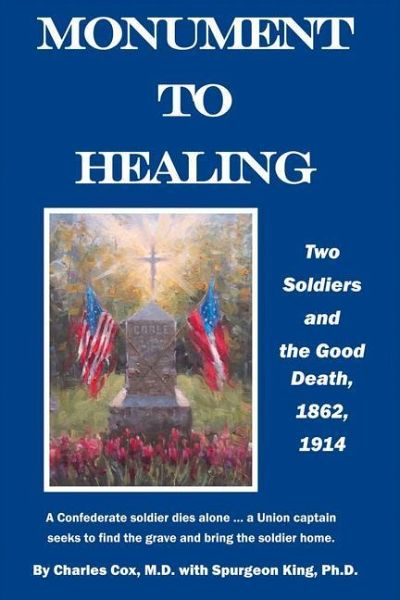
Monument to Healing: Two Soldiers and the Good Death, 1862, 1914

PAYBACK Punkte
7 °P sammeln!
Private James Coble, a Confederate soldier, died alone on a dark, cold night during a skirmish with Union troops. He fell beside a railroad trestle in South Madison County, near Jackson, Tenn., on Dec. 19, 1862 during the Civil War. With this military action long forgotten, in March 1914, a Union captain named David Harts Sr., formerly of the 106th Illinois Infantry, wrote a letter on his deathbed to The Jackson Sun expressing hope that someone in Jackson might search for the soldier's body which had been given a hasty burial. The captain hoped to bring comfort to the soldier's family and to a...
Private James Coble, a Confederate soldier, died alone on a dark, cold night during a skirmish with Union troops. He fell beside a railroad trestle in South Madison County, near Jackson, Tenn., on Dec. 19, 1862 during the Civil War. With this military action long forgotten, in March 1914, a Union captain named David Harts Sr., formerly of the 106th Illinois Infantry, wrote a letter on his deathbed to The Jackson Sun expressing hope that someone in Jackson might search for the soldier's body which had been given a hasty burial. The captain hoped to bring comfort to the soldier's family and to assure them that the young husband and father had died the "Good Death," an honorable death in war. The 106th Illinois Infantry's first duty assignment was to protect the Mobile & Ohio Railroad, which traversed Tennessee between Columbus, Kentucky, and Corinth, Mississippi, running through Union City, Humboldt, and Jackson. President Abraham Lincoln well understood the importance of controlling the railroads. The United States Congress authorized Lincoln to seize control of the railroads and telegraph for military use in January 1862 and established the U.S. Military Railroad (USMRR) as a separate agency to operate any rail lines seized. Gen. Nathan Bedford Forrest posed a very real threat to Union-controlled railroads. Private Coble died helping Forrest in his successful "Christmas Raid" on Union supply lines. The Christmas Raid has passed into legend as an example of "lightning" warfare, based upon improvisation and willingness to take calculated risks. Since the soldier fought for Forrest's partisan Southern cavalry, Harts' action exemplifies Christian redemption and reconciliation between North and South. Not only was Private Coble's body found and buried, a monument was erected in the field where his remains were located. In 2015, author Charles Cox, M.D., descendant of Private James Coble, moved the remains from that lonely site to Salem Cemetery in Madison County on the Civil War Trail where his sacrifice is honored. Dr. Charles Cox, author, has created a trust so that proceeds from "Monument to Healing," will go to historic preservation. "The story of Private Coble and the Coble monument is one of the most compelling tales of the Civil War, both in what it tells us about the little battles and skirmishes that defined the conflict across Tennessee but also in what it tells us about the efforts toward reconciliation and commemoration in the early 20th century South," writes Dr. Carroll Van West, Tennessee State Historian. "Dr. Charles Cox's accounting of these significant stories make for required reading for those who enjoy Tennessee history and Civil War history."



